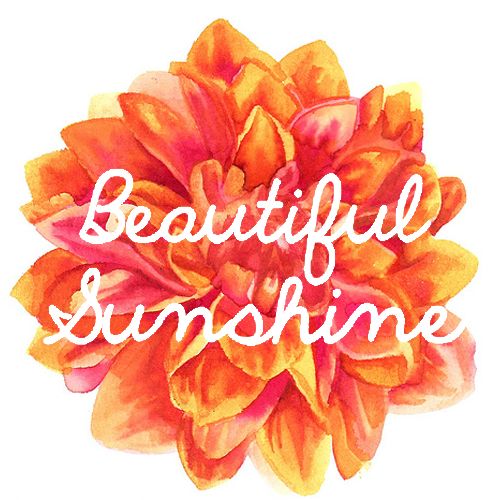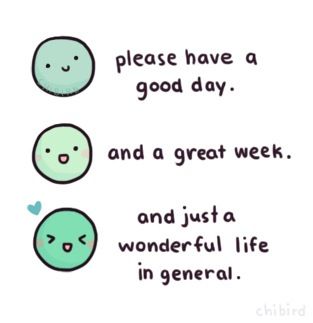About Me
I'm foolishly romantic. I like realism and surrealism in all different forms of art. I feel that when you can use reality to show your truth, then you have achieved the most powerful form of art possible. The artistry comes in, when you pick your frame of reference. A photo depicts reality, but it can still tell a more abstract story...and often that story is told by the framing. I like grim stories that tell us who we are at our worst, so we can see the beauty of us striving to be our best.
I love reviewing on here and receiving reviews (though I am ridiculously behind in getting to read requests). I am so grateful there is a place like this where I feel so supported in my sharing my writing and reading what other people have to offer! I feel that it is pertinent to give a general guidelines of what I think defines the essential elements of good writing (in my humble opinon):
Good writing doesn't take the form of an inside joke or a secret we are not given any means of having revealed to us. To me inaccessible writing is bad writing. Anyone can be deliberately evasive and purposely fail to communicate. The really hard thing in writing is deeply communicating things on a level that opens up new realms of thought for human exploration.
Good writing is not so plain that it says something stale, flat, and obvious. A one note symphony is not really a symphony. It is the definition of monotony. It is forgivable to be so focused you forget how important context and juxtaposition can be for the sake of contrast, but ultimately good writing must SHOW you the significance of what it has to say.
The best writing is capable of being seen on more than one level. It has layers, like an onion. There are metaphors inside of metaphors, or symbols that have a life of their own within the context of what they are being used to illustrate.
I also believe that when you use symbols in a piece of writing you should try to make the symbols follow the same theme. In other words, if you write a sea shanty then it should use literary references to nautical terms and ocean scenery. You should not mix in symbolism from an entirely different area of thought like mountain climbing UNLESS you are making a clever comparison of the two things. In that case you must explain that the ship scaled the waves like a climber on Everest, and be sure it makes sense.
Good writing should have a piece of you locked inside it, like one of the horcruxes of Voldemort in the Harry Potter series. If there isn't a piece of your reality in your work, then people will sense it and inevitably you won't be taken seriously. It is possible to fake putting your soul in something for a time, and some might not notice, but WHY? If you are writing then you should be expressing something. Why not express something in a way you really feel?
Last, but not least in any way, shape, or form, is that there ARE no hard and fast rules for writing. You can break any of the guidelines I have come up with here, and make a terrific piece of writing. It doesn't make these guidelines any less important as ideas to follow because these ideas are themselves CONTEXT about which a work could refer. Humor, for example, is often about breaking rules, and that is about deliberately not following guidelines. Having said this, NO writing should follow a formula that is just copied from someone else's work. It is one thing to challenge yourself to write within a format, but a format is not exactly a formula. A format is just a scheme for getting your ideas across in a way others see as a structure. A formula is a format that also forces you to unswervingly express things in a way not really your own. While formulas may help scientists and mathematicians, I believe good writing should be novel and original in as many aspects as possible.


 Offline
Offline RSS Feed
RSS Feed Send Message
Send Message Add to Friends
Add to Friends Block Writer
Block Writer Flag Writer
Flag Writer





